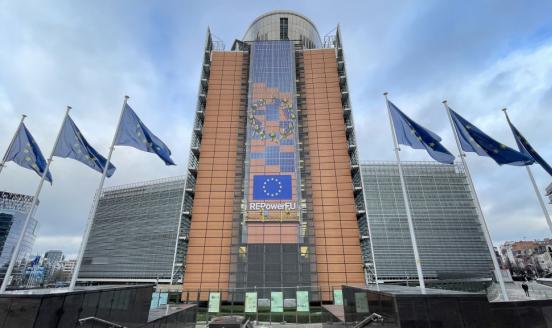

Use the financial system to enforce export controls on Russia
Prohibition of Western tech exports to Russia is not working; rapid measures are needed to tighten up

The impact on the European Union of Ukraine’s potential future accession
This report evaluates the impact on the EU of a possible EU accession of Ukraine, focusing on economic consequences and institutional developments.

The rocky road to EU accession for Western Balkan countries: obstacles and lessons from the Eastern Partnership
The three eastern European states had practically no waiting time before being accepted as candidate countries right after application

Elections 2024
Bruegel will provide economic analysis on the outcomes of this year's elections within the EU and further afield, as well as hosting a special debate between European political parties on 15 April.
Explore1982: the debt crisis that could have destroyed Western banking
Meet our fellows
Rebecca Christie
Senior fellow
Maria Demertzis
Senior fellow
Simone Tagliapietra
Senior fellow
Reinhilde Veugelers
Senior fellow

China research
Bruegel regularly publishes research on China's relationship with the EU and the wider world.
ExploreIn case you missed it

Economic arguments in favour of reducing copyright protection for generative AI inputs and outputs
The licensing of training inputs slows down economic growth compared to what it could be with competitive and high-quality GenAI

The EU needs a methodology for including reform impacts in fiscal trajectories
Such a methodology, and a governance mechanism for managing associated risks, must be in place before the new fiscal framework kickstarts in September

Broader border taxes: a new option for European Union budget resources
The purpose of this paper is to review the Commission’s proposal and to contribute new ideas for ‘genuine’ own resources

Emerging countries have replaced most of Russia’s lost trade with advanced economies
Russian trade overall seems to have suffered little from sanctions; meanwhile, medicine and food trade continues with sanctioning countries
Republishing and referencing policy
Bruegel considers itself a public good and takes no institutional standpoint. Anyone is free to republish and/or quote any of our posts without prior consent. Please provide a full reference, clearly stating Bruegel and the relevant author as the source and include a prominent hyperlink to the original post.







